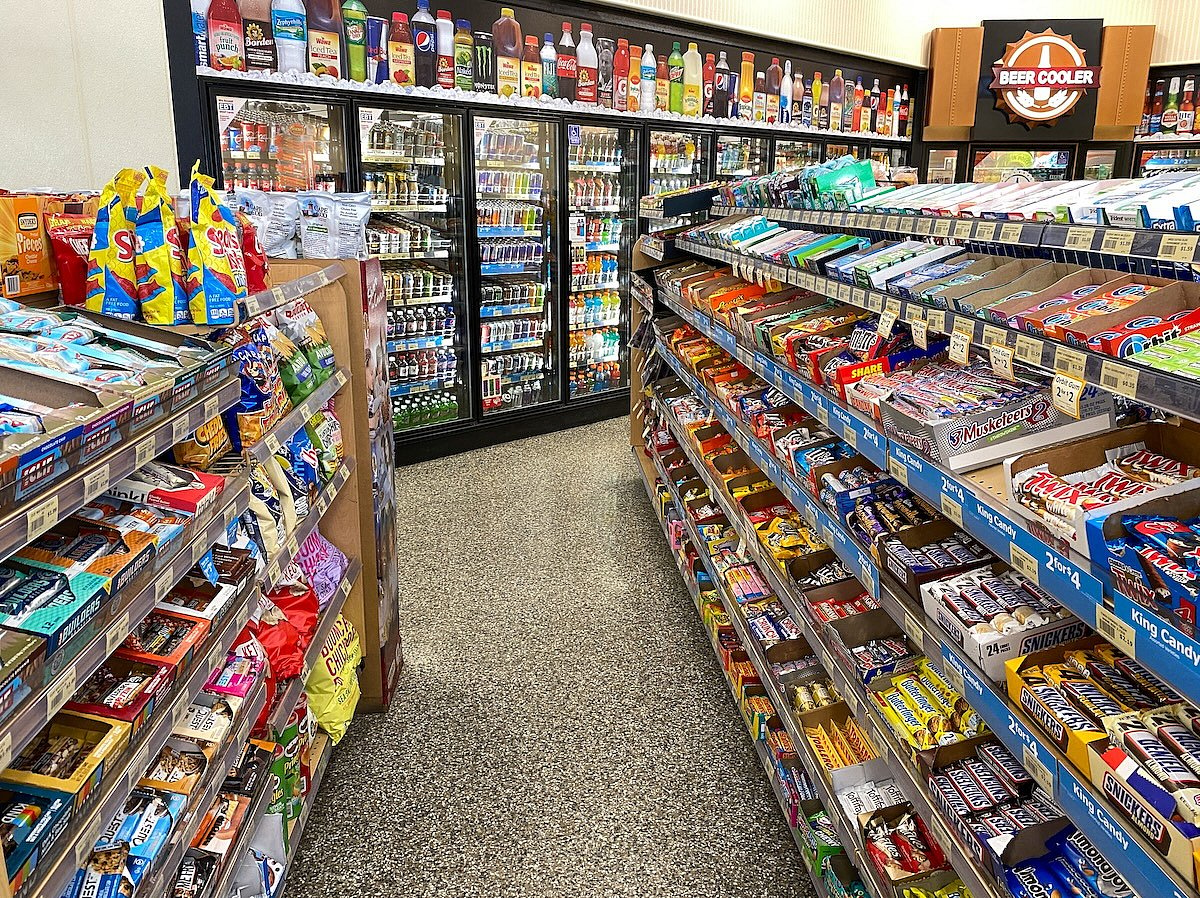Food Deserts Potentially Deadly For People With Irregular Heartbeat
THURSDAY, Sept. 11, 2025 — Living in a food desert can be potentially deadly to people with irregular heart beats, a new study says.
Patients with atrial fibrillation have a doubled risk for stroke and nearly quadrupled risk of early death if they live in a neighborhood without a nearby full-service grocery store, researchers reported in the journal JACC: Advances.
“This research shows that for patients with AF, the environment they live in, the basic infrastructure of their neighborhood, can be just as important as the care they receive in the clinic,” said senior researcher Dr. Nassir Marrouche, director of the Tulane University Heart and Vascular Institute in New Orleans.
“Something as fundamental as access to healthy food could literally save lives,” he said in a news release.
Atrial fibrillation is an irregular rhythm in the upper chambers of the heart, known as the atria. This quivering heartbeat allows blood to pool and clot in the atria, increasing by fivefold a person’s risk for stroke, according to the American Heart Association.
Health problems related to a poor diet — obesity, high blood pressure and type 2 diabetes — also increase a person’s risk for atrial fibrillation, also known as A-Fib or AF, researchers said in background notes.
To see if unhealthy eating can cause further harm to people who’ve developed A-Fib, researchers analyzed health records for more than 1,500 people treated for the condition in the New Orleans area between 2010 and 2019.
More than 1,100 of the patients lived in a food desert, an area where the nearest supermarket is more than a mile away. More than 400 lived in a neighborhood with easy access to a grocery store, researchers found.
Folks in food deserts tend to eat more fast food and processed food, because their most convenient dining options are convenience stores, bodegas and restaurants, researchers said.
Results showed that A-Fib patients in food deserts were 3.8 times more likely to die within the next five years, after accounting for other risk factors.
They also were 2.2 times more likely to suffer a stroke, researchers found.
A combined measure reflecting “any bad outcome” — hospitalization, stroke or death — was 42% higher among patients in a food desert.
This risk might be driven by malnutrition, which can affect heart health, researchers speculated. A poor diet might also increase a person’s levels of inflammation or blood vessel health.
Doctors should ask their A-Fib patients about their access to healthy food and connect them to nutrition programs, researchers said.
“Early detection through expanded screening efforts can save lives in these vulnerable communities where we’ve unearthed these striking disparities,” Marrouche said.
Sources
- Tulane University, news release, Sept. 3, 2025
- JACC Advances, Aug. 29, 2025
Disclaimer: Statistical data in medical articles provide general trends and do not pertain to individuals. Individual factors can vary greatly. Always seek personalized medical advice for individual healthcare decisions.
© 2025 HealthDay. All rights reserved.
Read this next
Endangered Shark Meat Found in U.S. Grocery Stores, Study Says
THURSDAY, Sept. 11, 2025 — Shark meat sold in the U.S. may come from endangered species without consumers realizing it, a new study warns. Researchers tested 29 shark...
Radioactive Contamination Suspected in Recalled Frozen Shrimp
MONDAY, Sept. 8, 2025 — U.S. officials are investigating radioactive contamination linked to frozen shrimp imported from Indonesia after testing found Cesium-137, a...
Salmonella Outbreak Tied To Metabolic Meals Sickens 16, CDC Warns
MONDAY, Sept. 8, 2025 — A salmonella outbreak tied to Metabolic Meals home-delivery products has sickened at least 16 people in 10 states, and another seven have been...
More news resources
- FDA Medwatch Drug Alerts
- Daily MedNews
- News for Health Professionals
- New Drug Approvals
- New Drug Applications
- Drug Shortages
- Clinical Trial Results
- Generic Drug Approvals
Subscribe to our newsletter
Whatever your topic of interest, subscribe to our newsletters to get the best of Drugs.com in your inbox.


